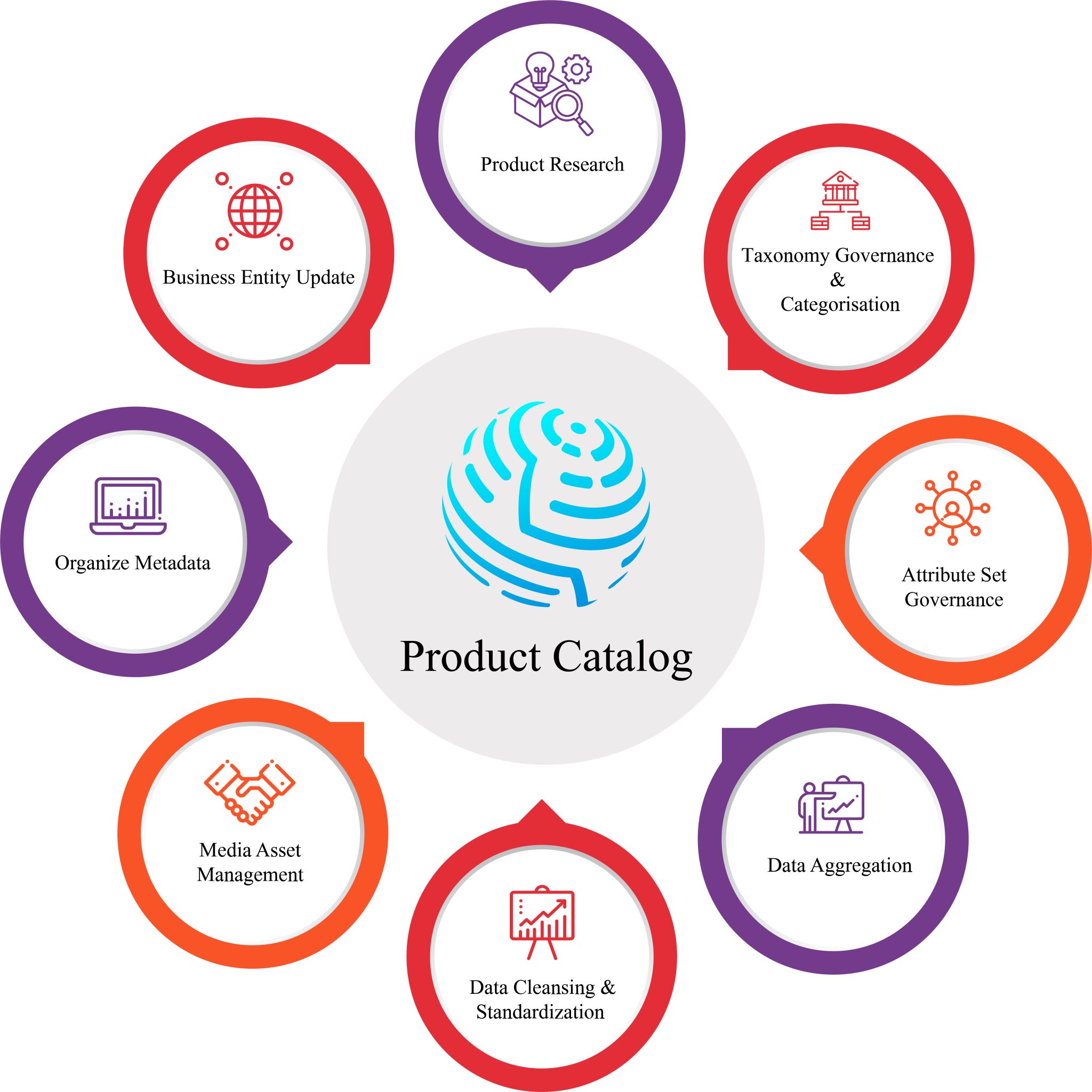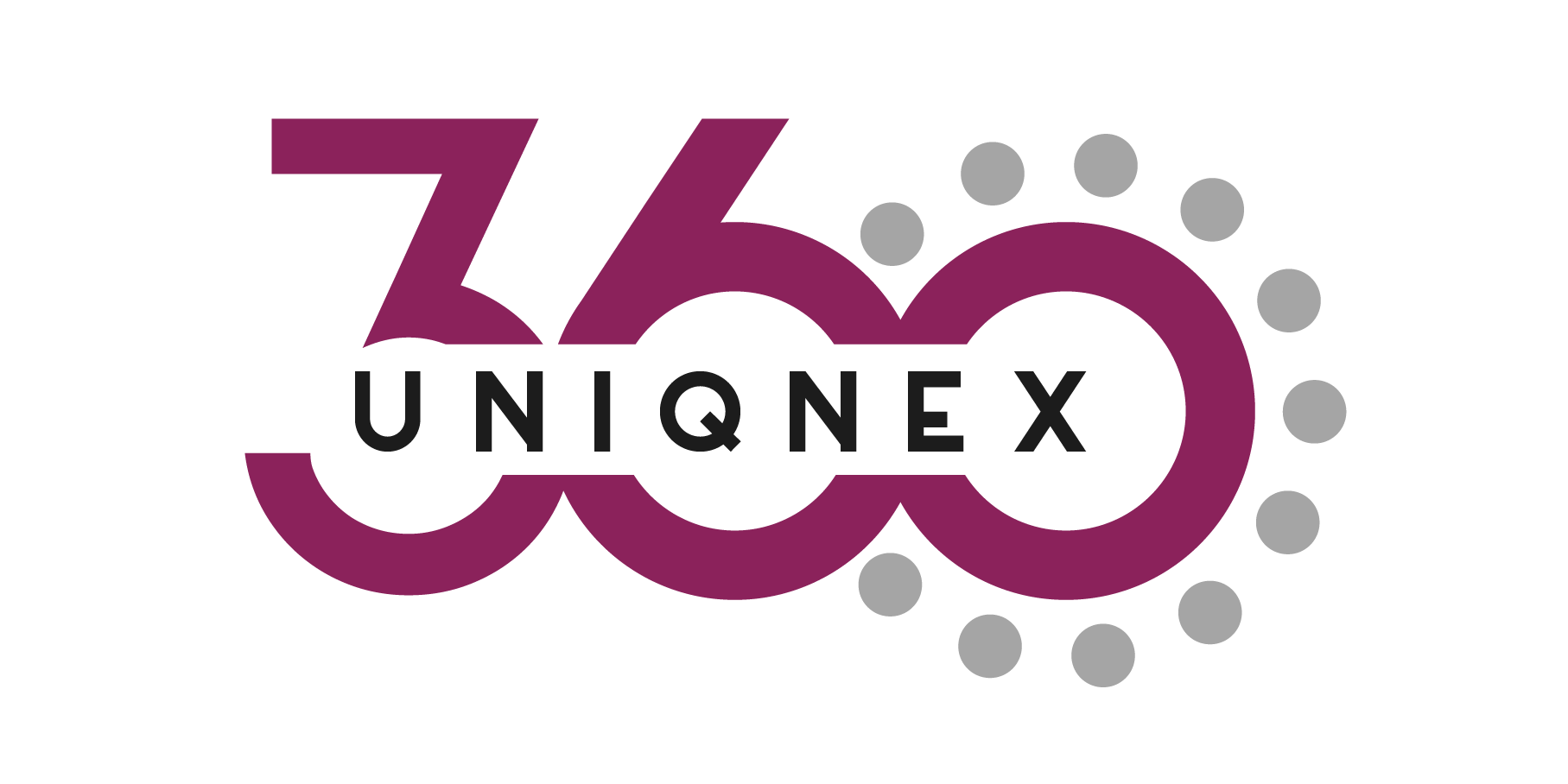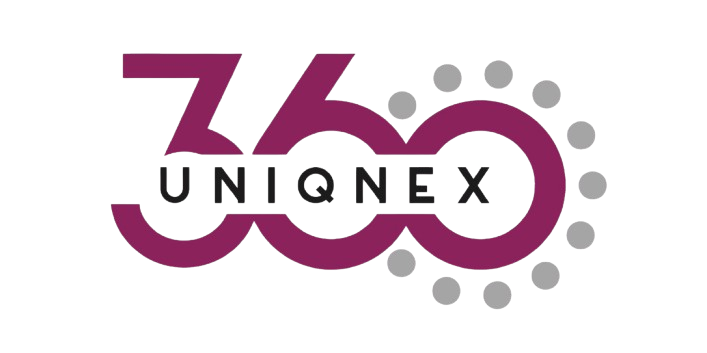Product Catalog
In the digital age, a well-structured and enriched product catalog is essential for driving business success. Whether you’re a manufacturer, distributor, or retailer, the accuracy and completeness of product data significantly influence purchasing decisions and customer experience. A product catalog is a comprehensive collection of information that details each product’s attributes, such as titles, descriptions, images, features, specifications, and more.
A robust product catalog ensures consistency across all sales channels, making it easier for customers to find, understand, and purchase products. UniqNex360 can source product data from various formats, including PDFs, manufacturer websites, and even by scanning images, ensuring the most accurate and up-to-date information is available for your products.

Where We Make an Impact
UniqNex360’s product catalog services are vital across multiple industries where accurate and enriched product data is essential for driving success.
Manufacturers
Manufacturers
Distributors
Distributors
E-commerce Platforms
E-commerce Platforms
Wholesalers
Wholesalers
Key Offerings
Product Categorization
Products are analyzed and categorized into the appropriate taxonomies, ensuring accurate classification. In addition, recommendations for new categories or modifications are provided to optimize product placement and ensure effective merchandising. Proper categorization helps customers quickly find relevant products across digital channels, enhancing the shopping experience and driving more efficient search and discovery.
Attribute Governance
Precise attribute mapping is conducted, tailored to each product category, ensuring robust and consistent data schemas. This process involves the standardization of product attributes, enabling uniformity across platforms and improving data interoperability. Additionally, new attributes are proposed to enrich product data, facilitating advanced search capabilities and refined filtering options, ultimately enhancing the user experience and aiding in more accurate product discovery.
Data Aggregation & Standardization
Data is gathered from various sources, including manufacturer websites, different digital documents, and scanned images, to compile accurate product information. This process ensures that product details like titles, descriptions, features, and specifications are uniform and consistent. By creating standardized data sets, uniformity across different platforms and marketplaces is achieved, making it easier to integrate with e-commerce systems and other business tools.
Digital Asset Management
High-quality images, videos, and documents—including technical sheets, warranties, and manuals—are collected, improved, and optimized for various uses. Digital Asset Management (DAM) systems help organize and manage these media assets, ensuring they comply with industry standards and meet business needs. This process enhances the visual appeal of products and improves customer engagement by providing clear, professional content.
SEO Compatibility
Meta titles, meta descriptions, and meta keywords are strategically generated and optimized to improve search engine visibility. By effectively utilizing this metadata, the product catalog enhances its online discoverability, attracting more visitors and increasing sales potential. This approach ensures that prospective customers can effortlessly find and access products, resulting in higher conversion rates and improved overall performance of the catalog.
Business Data
Routine validation and updates are conducted for stock levels, pricing, and adherence to industry standards, including UPC/EAN code verification. Additionally, ESG (Environmental, Social, and Governance) data is incorporated to ensure the product catalog aligns with sustainability practices. This process guarantees that all product information remains accurate, relevant, and compliant, helping businesses provide customers with the latest and most comprehensive data available.

